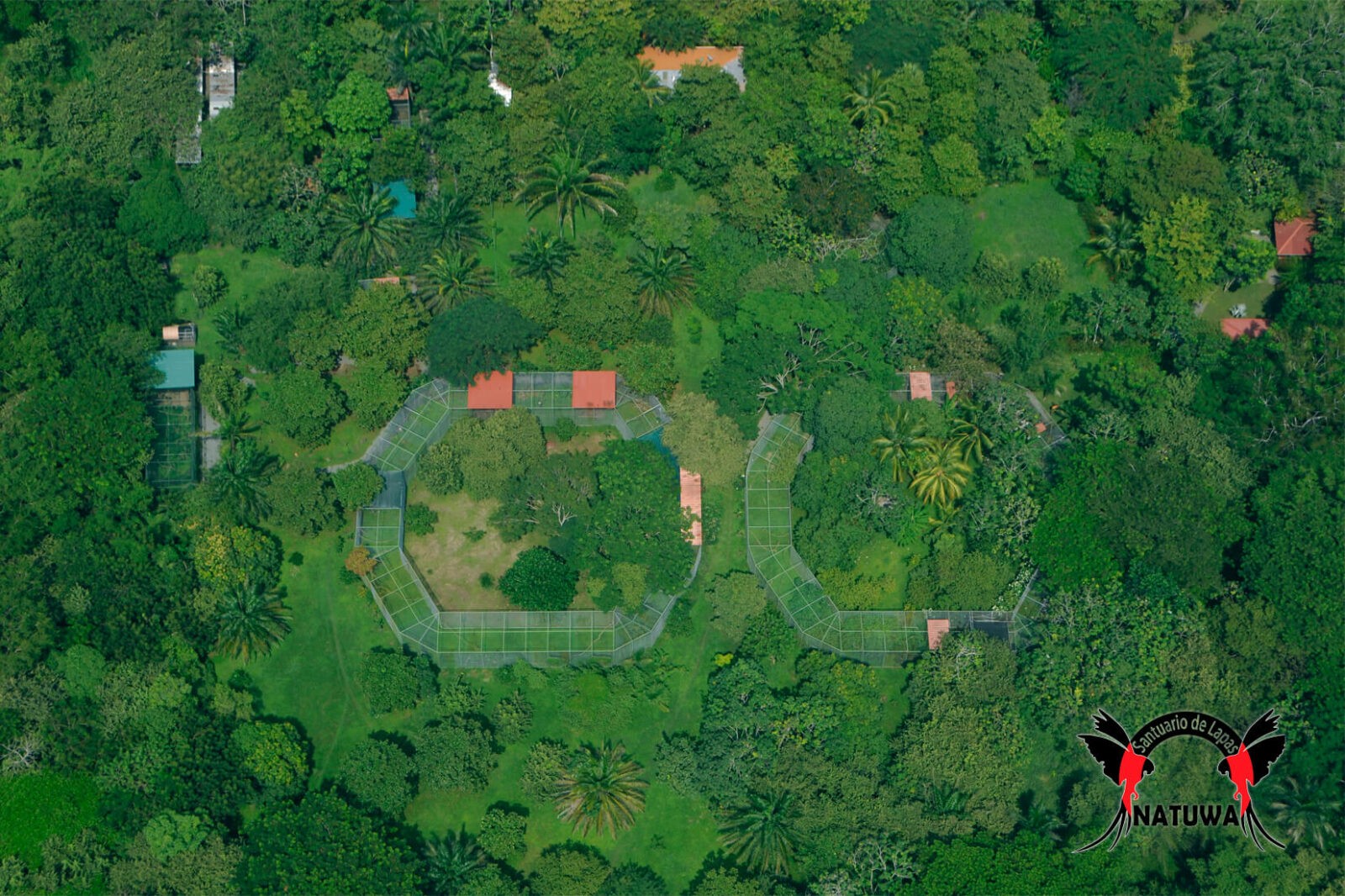Book your tour today!
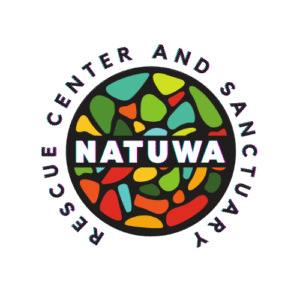
Place of rescue, refuge, and wildlife protection.
Why Natuwa exists?
Mission
To provide rescue, rehabilitation, release, and refuge for wildlife in Costa Rica, ensuring their well-being, protection, and respect for each individual.
Natuwa promotes conservation through education, research, and ecological restoration, contributing to harmony between people and nature and ensuring that each animal has the opportunity, when possible, to return to its natural home.
Vision
To be a leader in the rescue, rehabilitation, release, and conservation of wildlife in Costa Rica.
To inspire communities to coexist with nature through environmental education, science, and collective action, toward a future where animals return to freedom, ecosystems regenerate, and biodiversity thrives in harmony with humanity.
Wildlife Rescue Center in Costa Rica
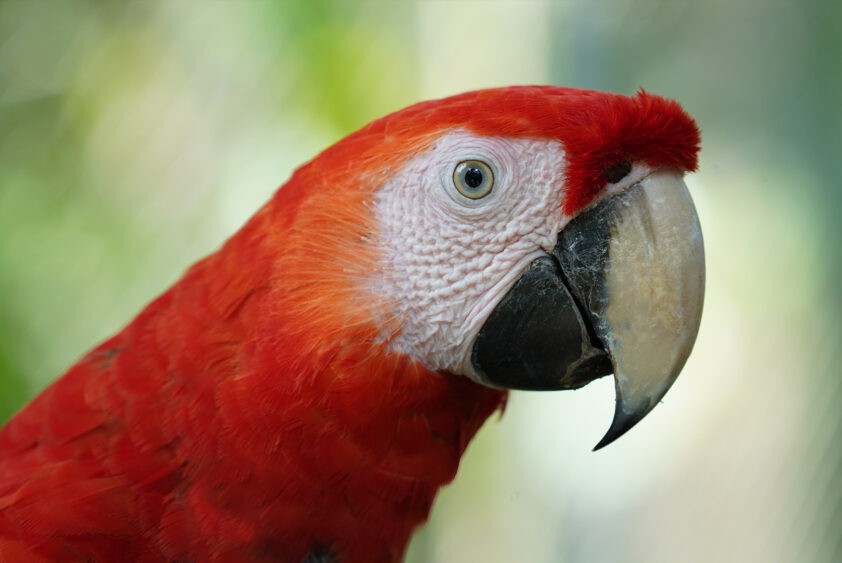
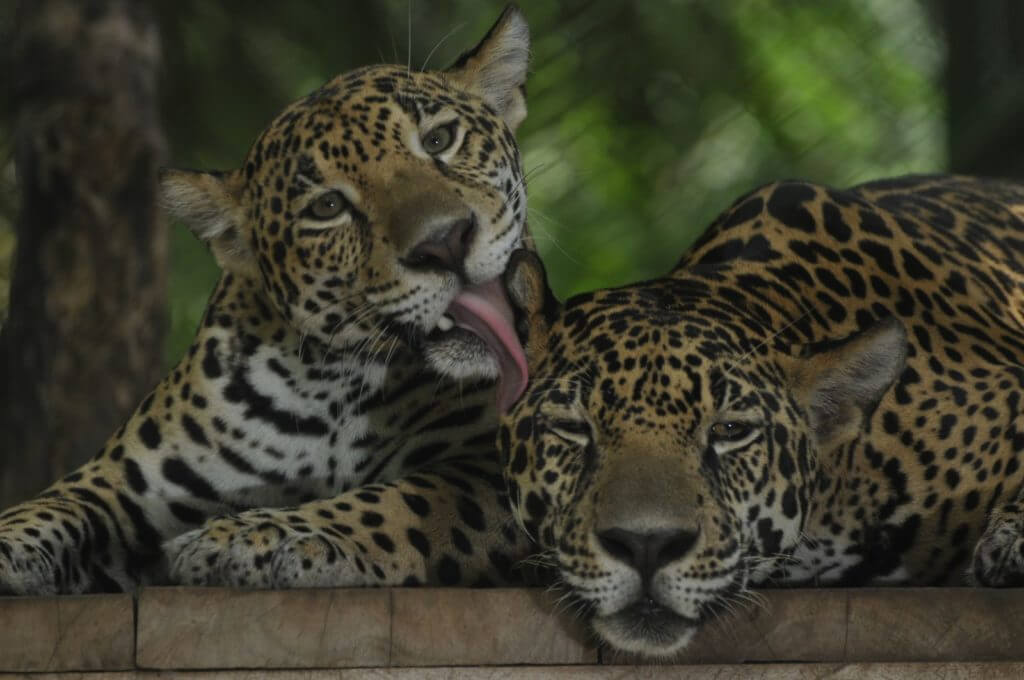
NATUWA is a Wildlife Rescue Center and Sanctuary dedicated to rescuing, rehabilitating, releasing, and providing shelter for animals affected by human activities in Costa Rica.
We receive wildlife that has been removed from its natural habitat due to hunting, illegal possession, deforestation, urban development, or road accidents.
These actions increase species’ vulnerability and profoundly disrupt ecosystems. Many animals lose their freedom and arrive with physical or emotional scars. At Natuwa, we offer them a second chance: to regain their well-being and, when possible, return to the freedom they were never meant to lose.
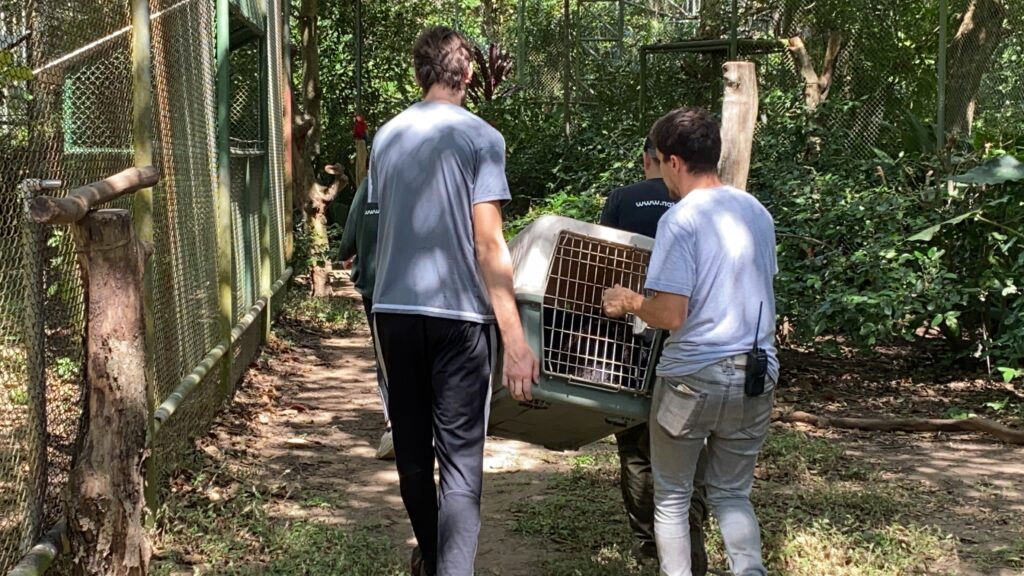
At NATUWA, we provide shelter and care for various species of wildlife in Costa Rica, including jaguars (Panthera onca), ocelots (Leopardus pardalis), tapirs (Tapirus bairdii), white-tailed deer (Odocoileus virginianus), various types of monkeys, wild boars, sloths, and other wildlife that require a sanctuary to live.
Additionally, Natuwa houses exotic animals that have entered Costa Rica both legally, with the appropriate permits, and illegally due to international pet trafficking.
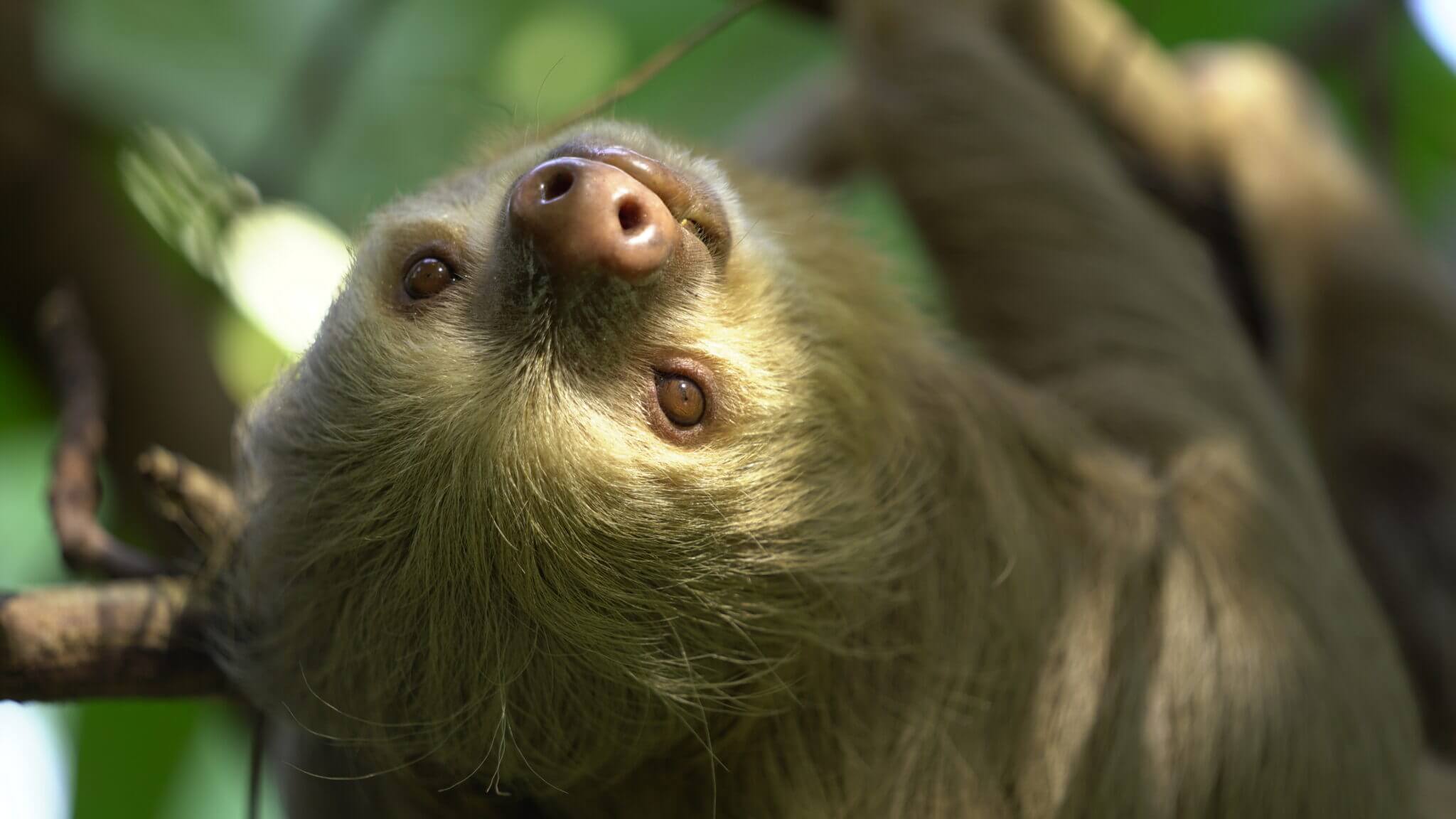
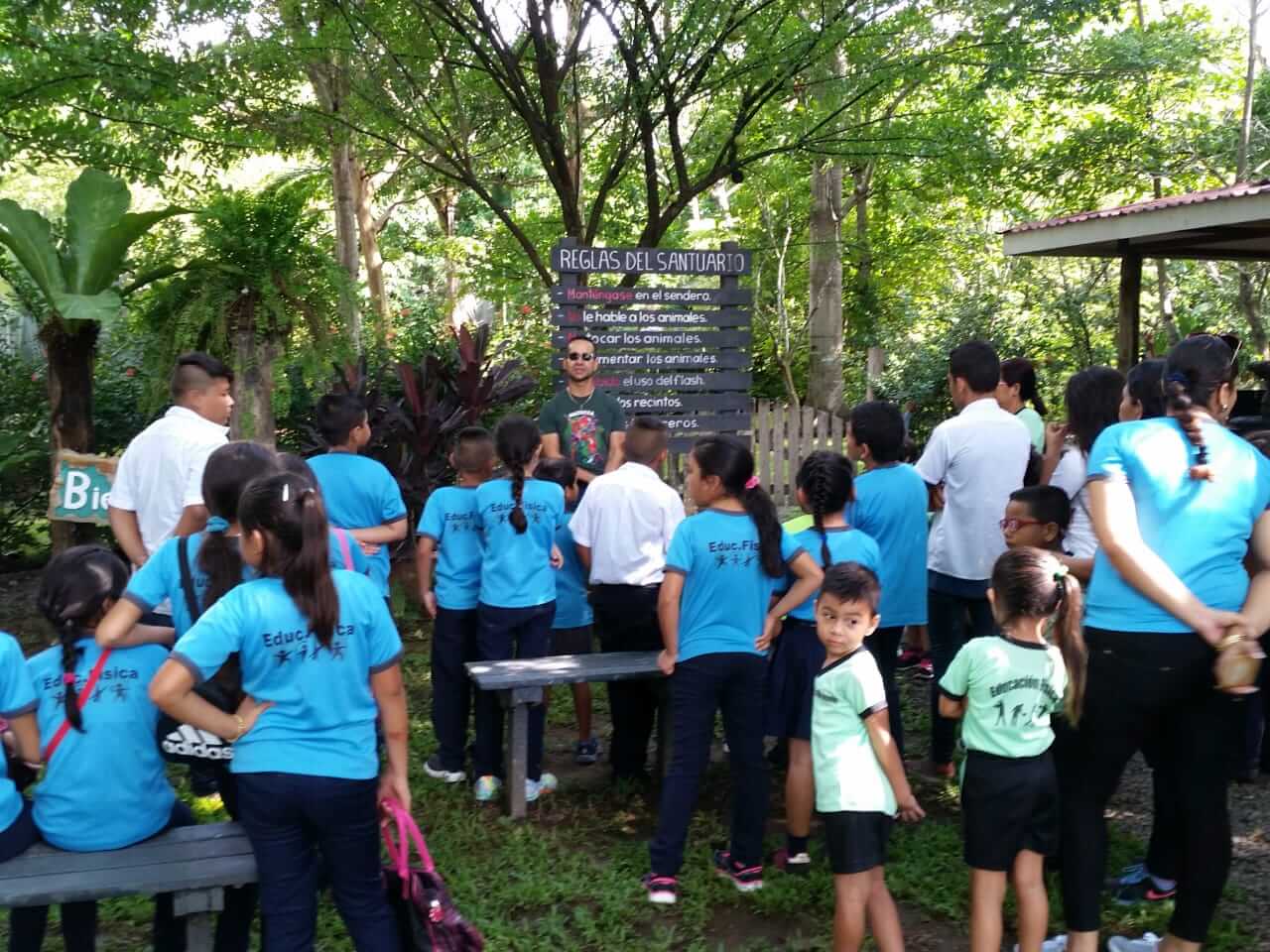
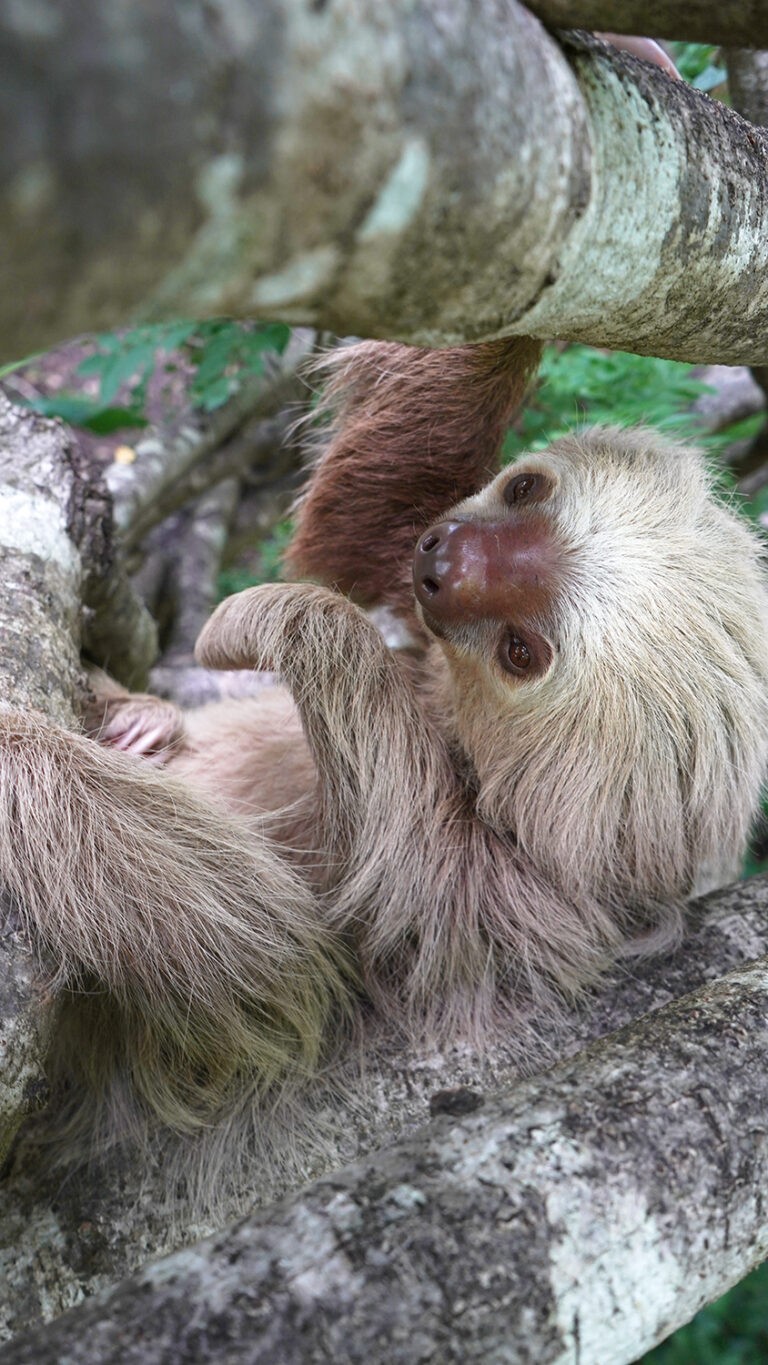
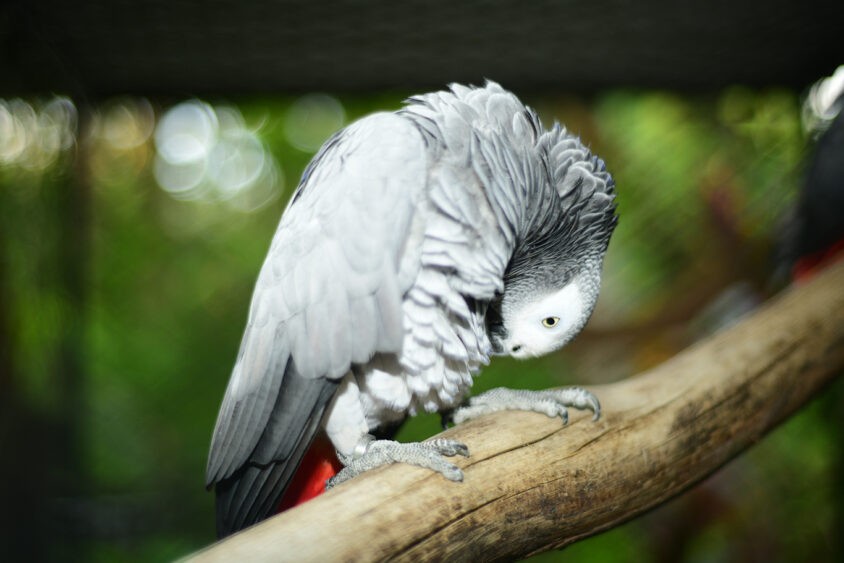
These non-native animals suffer abandonment by humans and need a wildlife sanctuary that provides care and the opportunity to live with dignity among their peers.
Among our exotic residents are African tortoises, Australian parrots, and various South American species, such as marmoset monkeys, blue macaws, green-winged macaws, hyacinth macaws, sun conures, black carbon turtles, and many more.
At NATUWA Macaw Sanctuary and Rescue Center, we strive to provide a safe and enriching environment for all our residents, promoting their physical and emotional well-being. Our ultimate goal is to raise awareness and educate about the importance of preserving biodiversity and fostering respect for all forms of life.
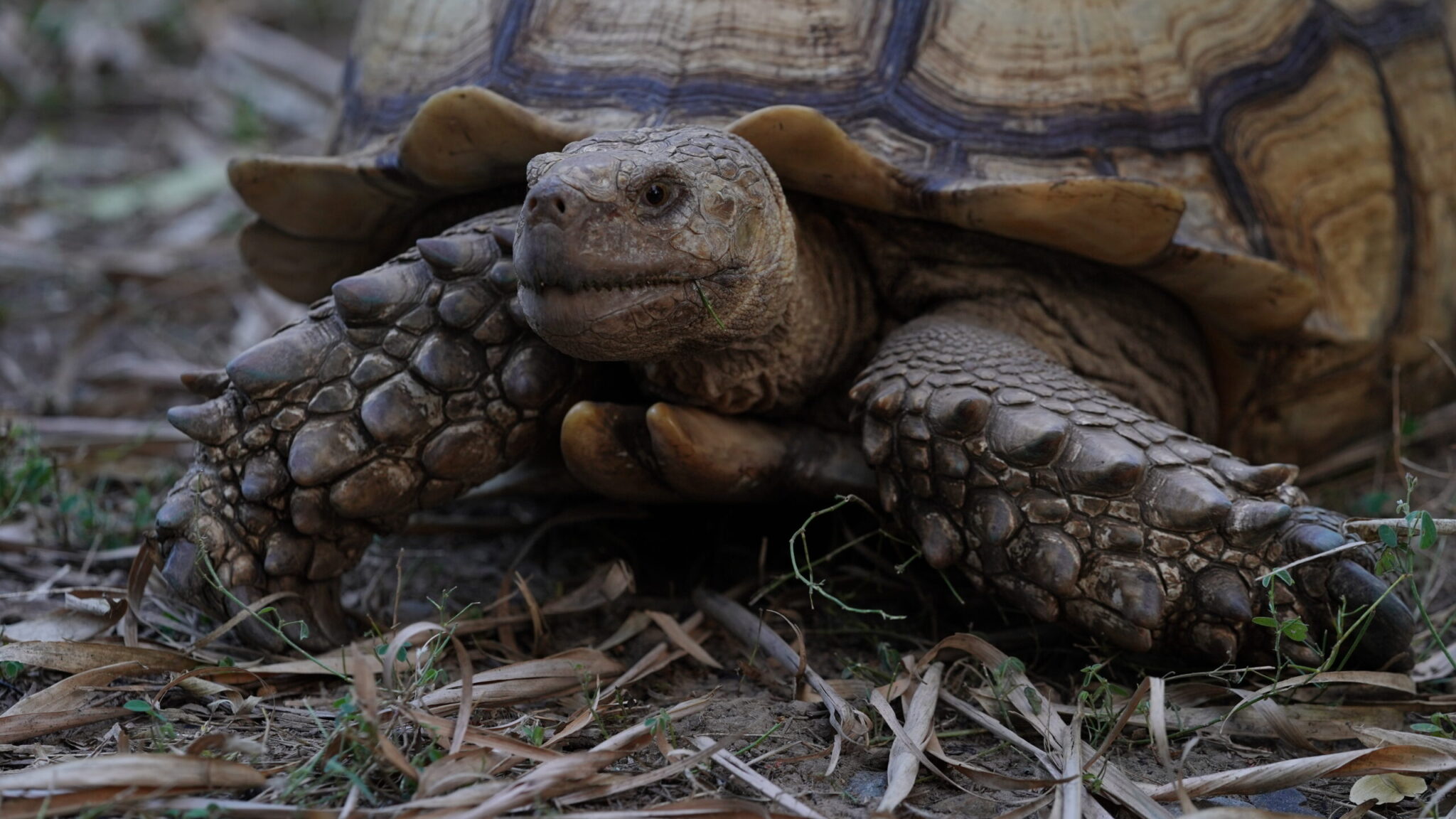
At NATUWA, we are deeply committed to the preservation and welfare of wildlife.
Every day, we work with passion and dedication to rescue, rehabilitate, release, and provide shelter for animals in need, ensuring a sustainable future for the fauna of Costa Rica.
We invite you to visit our Rescue Center and Sanctuary and join this mission that protects, educates, and restores hope to the wildlife of Costa Rica and the world.
Live the Adventure! Join Our Unique Experiences
Join us as a volunteer!
Veterinary internship
Meet our animals.
Rescue and Macaws Conservation
Macaw Rescue and Conservation
Natuwa Wildlife Sanctuary: Guardians of the Tropical Sky
At Natuwa Wildlife Sanctuary, we are committed to conserving the wild populations of scarlet macaws (Ara macao) and great green macaws (Ara ambiguus) — two emblematic species that represent the beauty and biodiversity of Costa Rica.
For over two decades, Natuwa has been rescuing, rehabilitating, and reintroducing macaws affected by illegal wildlife trade and habitat loss.
More than one hundred macaws currently live under our care, receiving veterinary treatment, proper nutrition, and behavioral rehabilitation as part of a comprehensive conservation program in collaboration with MINAE/SINAC.
What Macaw Species Live in Costa Rica?
Costa Rica is home to only two macaw species:
🟥 Scarlet Macaw (Ara macao) — with bright red, yellow, and blue feathers.
🟩 Great Green Macaw (Ara ambiguus) — native to the Atlantic forests.
Both species play a key ecological role by dispersing and breaking seeds, helping forests regenerate naturally.
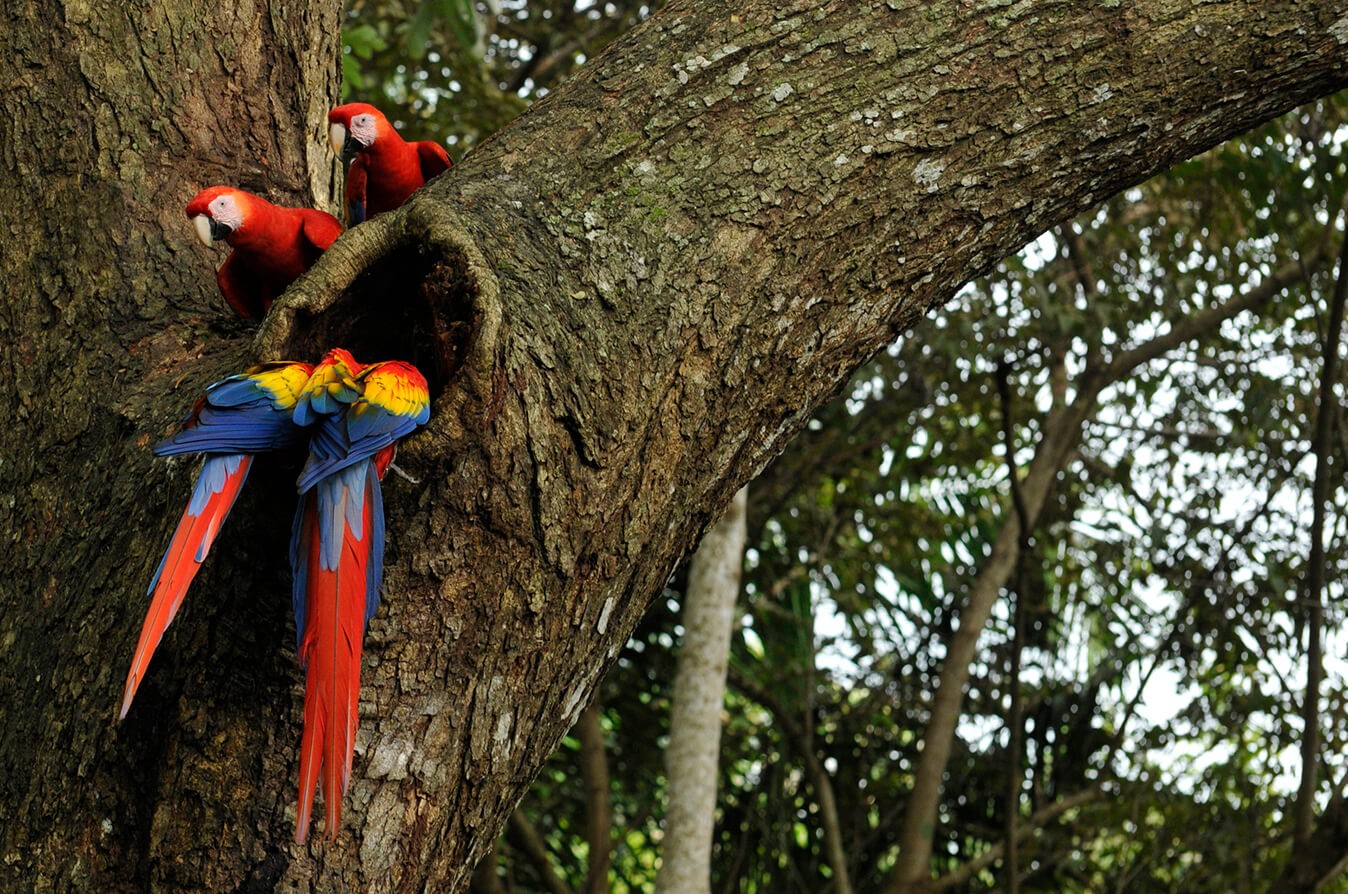
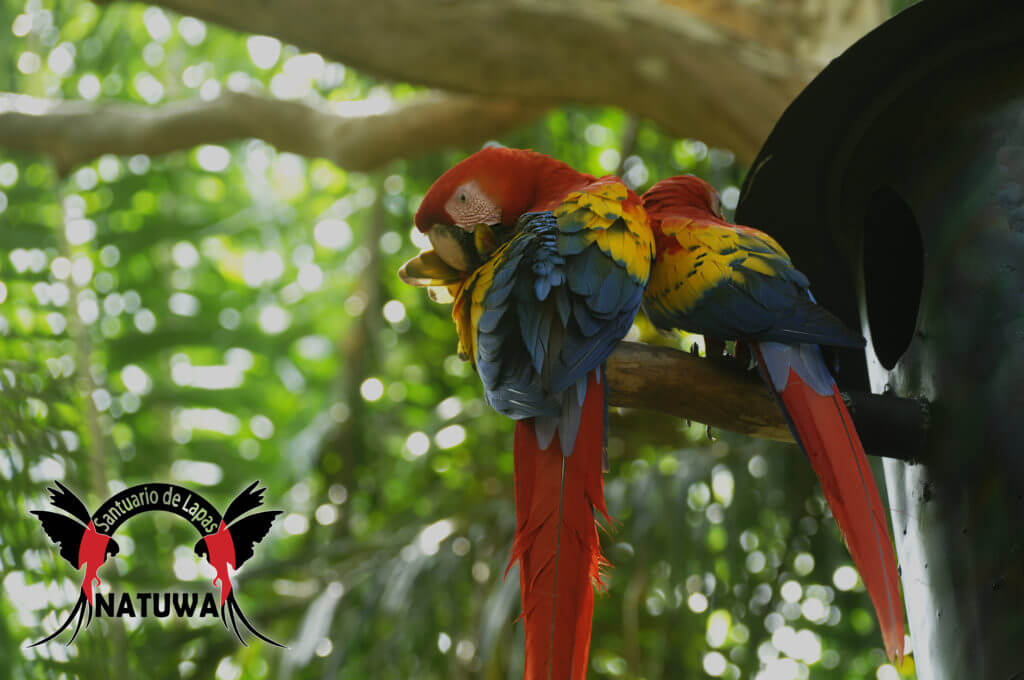
💚 Natuwa’s Macaw Conservation Program
Our program is based on three pillars:
1️⃣ Rescue: Confiscated or surrendered macaws are brought to safety.
2️⃣ Rehabilitation: Birds receive medical and behavioral care to recover fully.
3️⃣ Reintroduction: Selected macaws are released into protected forest areas, under scientific monitoring.
We also use the data generated by these programs to raise environmental awareness among local communities and visitors, encouraging the protection of macaws and their ecosystems.
Working Hand in Hand with Authorities
Natuwa collaborates with the Ministry of Environment and Energy (MINAE), the environmental police, and the fire department to care for macaws seized from illegal captivity.
Each bird receives the care and protection it deserves — and, whenever possible, a second chance at freedom.
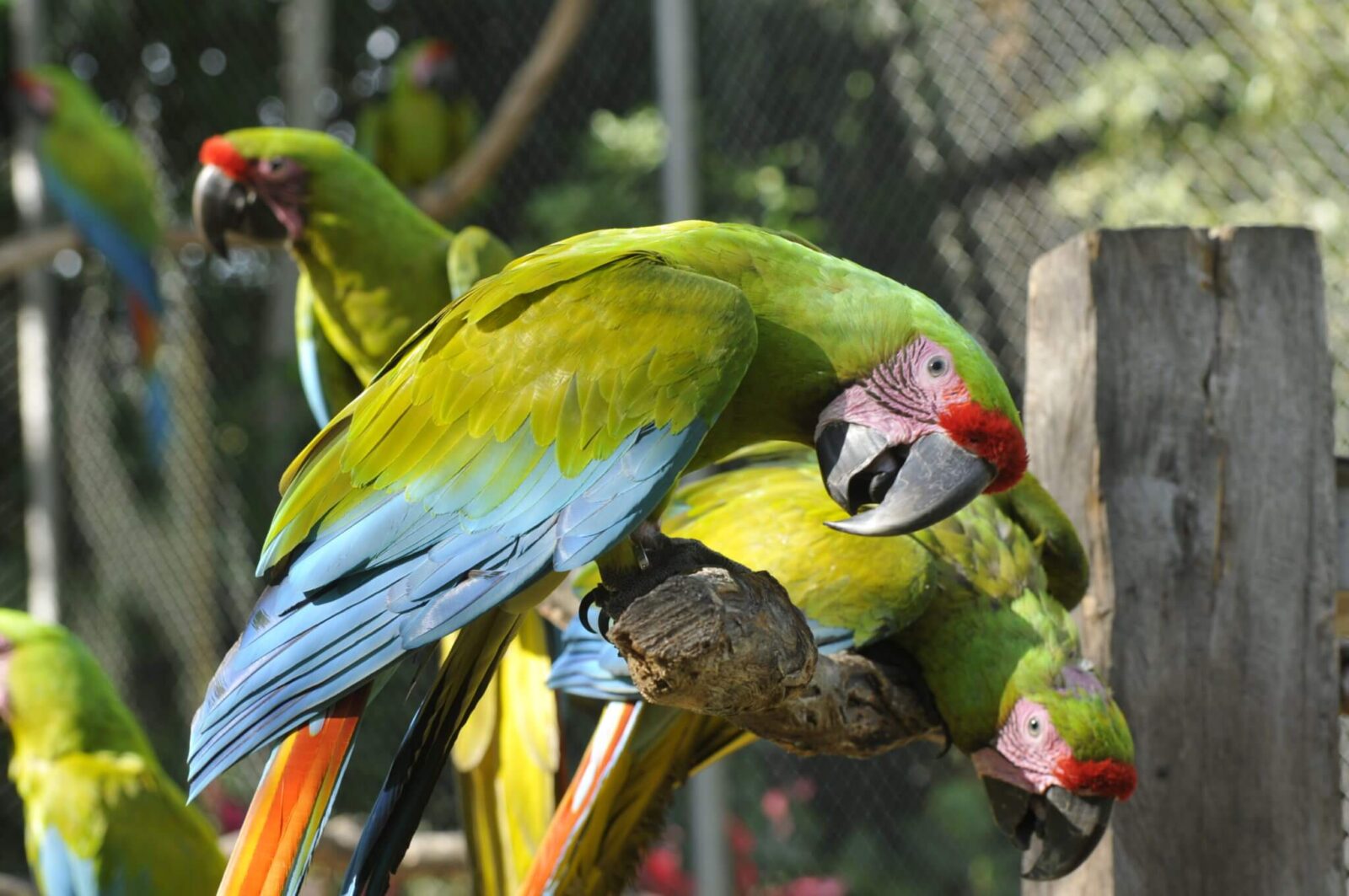
The Ecological Role of Macaws
Macaws and other parrots are essential to forest health and regeneration. By feeding on fruits and seeds, they:
Disperse seeds that sustain many other wildlife species.
Remove dead branches and bark, allowing trees to heal and preventing disease.
Contribute to forest renewal and ecological balance.
Protecting macaws means protecting the future of our forests.
At Natuwa, we ensure these magnificent birds continue to soar freely across Costa Rica’s skies, keeping the tropical forests alive and thriving.
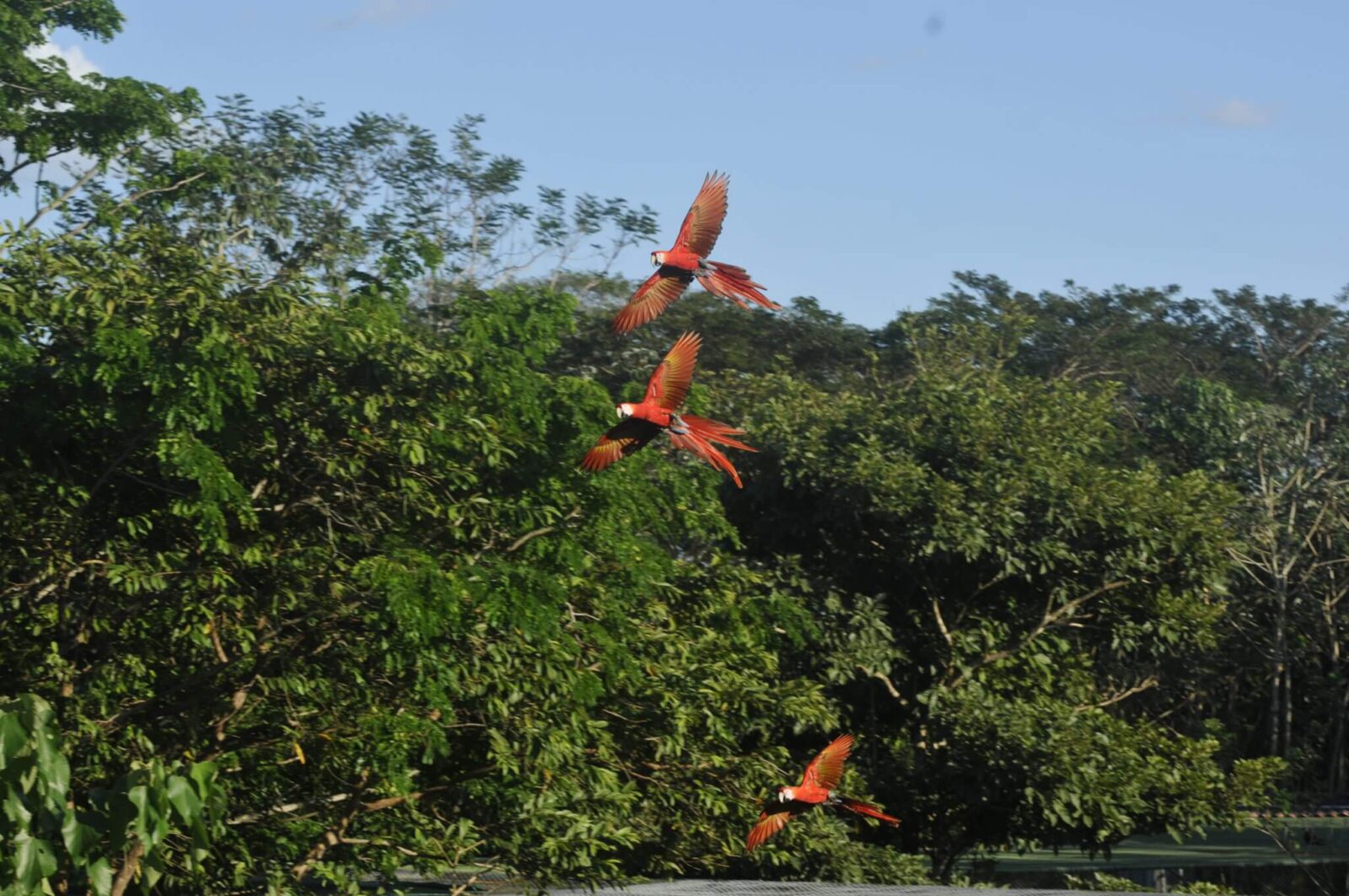
Exotic Macaws
🌍 Protecting Species from Around the World
In addition to Costa Rica’s native macaw and parrot species, Natuwa provides refuge and specialized care for exotic birds from different parts of the world.
These birds arrive at our sanctuary after being confiscated from illegal trade or surrendered by individuals who can no longer care for them, and they receive the same level of respect and attention as our native wildlife.
🐦 Exotic Species Living at Natuwa
Among the international residents of our sanctuary are:
- The blue-and-yellow macaw (Ara ararauna) is from South America.
- The sun conure (Aratinga solstitialis) is known for its bright orange plumage.
- The majestic hyacinth macaw (Anodorhynchus hyacinthinus) from the Amazon.
- The colorful eclectus parrot (Eclectus roratus) from Australia.
- And the intelligent African grey parrot (Psittacus erithacus) from Africa.
These exotic species cannot be released into Costa Rican territory, as doing so would pose ecological risks to native species and local habitats.
💚 Refuge, Care, and Hope
Although they cannot return to the wild, these birds find a safe and permanent home at Natuwa, where they receive veterinary attention, balanced nutrition, and environmental enrichment suited to their natural behaviors.
Our commitment is to ensure that every bird —native or exotic— lives with dignity, well-being, and purpose within the sanctuary.
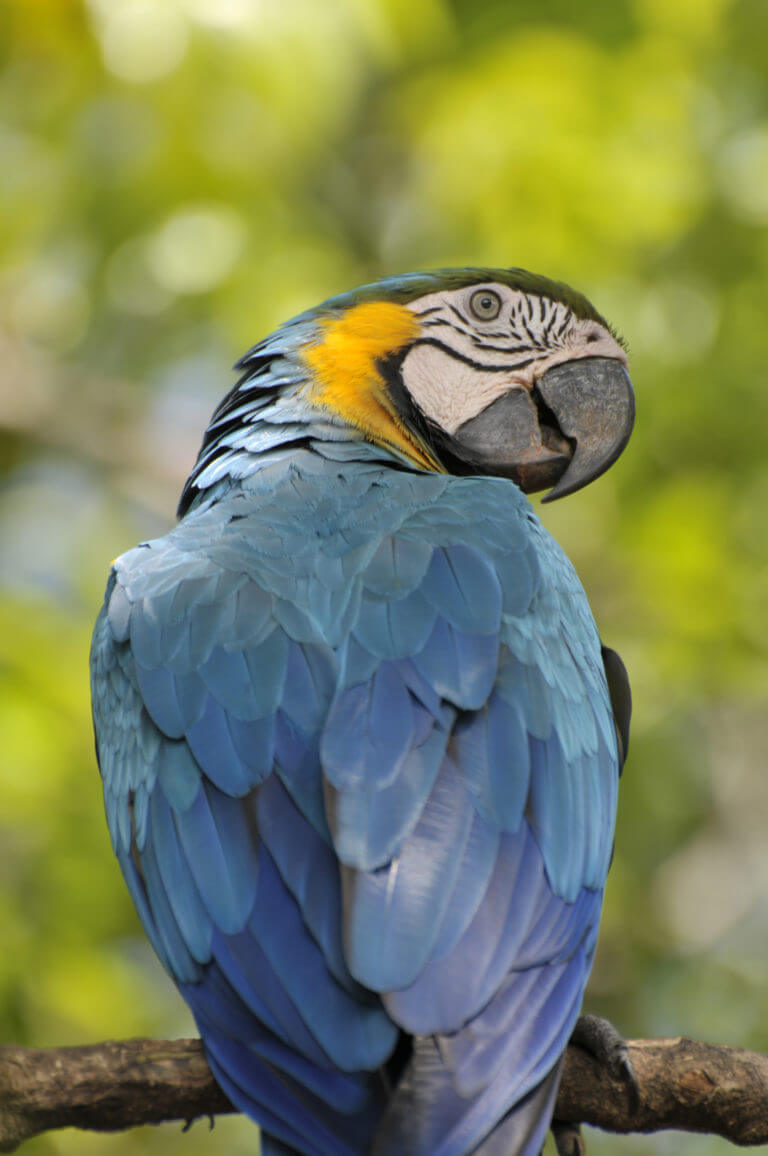
⚠️ Global Threats to Parrots and Macaws
In their countries of origin, many of these species face severe threats:
- Nest looting and chick poaching for the illegal pet trade.
- Habitat destruction due to deforestation.
- Hunting and trafficking are driven by international demand.
These pressures have pushed several parrot species to the brink of extinction, revealing a global crisis that affects biodiversity across continents.
“Each exotic macaw that arrives at Natuwa is both a symbol of suffering and of hope — a reminder of human impact, but also of our capacity to protect.”
Costa Rica: Protecting Wildlife
The captivity of wild animals is illegal
In Costa Rica, the possession of wild animals in private homes is strictly prohibited under the Wildlife Conservation Law No. 7317 and its regulations.
As a result, national authorities —including the Public Force, the Fire Department, and SINAC (National System of Conservation Areas)— routinely carry out rescues and confiscations of wildlife kept illegally in captivity.
These animals are then transferred to authorized wildlife sanctuaries and rescue centers, where they receive appropriate care and evaluation.
Natuwa’s Role in Wildlife Protection
As an officially recognized Wildlife Sanctuary and Rescue Center, Natuwa is responsible for receiving, rehabilitating, and, whenever possible, reintegrating confiscated animals into their natural environment.
When reintroduction is not feasible due to physical or behavioral limitations, these animals are provided with a permanent sanctuary. This safe environment replicates their natural habitat as closely as possible.
Here, they receive specialized veterinary care, balanced nutrition, and spacious enclosures designed for their comfort and well-being.
“At Natuwa, every rescued animal finds a second chance —and a home where respect and compassion replace exploitation.”
Wildlife Protection at a Glance
✅ Legal Actions:
Rescue, rehabilitation, and release of native wildlife.
Protection through authorized rescue centers like Natuwa.
❌ Illegal Practices:
Keeping wild animals as pets in homes or businesses.
Trading, breeding, or exhibiting wildlife without legal permits.
By enforcing these regulations and providing refuge, Costa Rica reaffirms its global commitment to conservation and animal welfare.
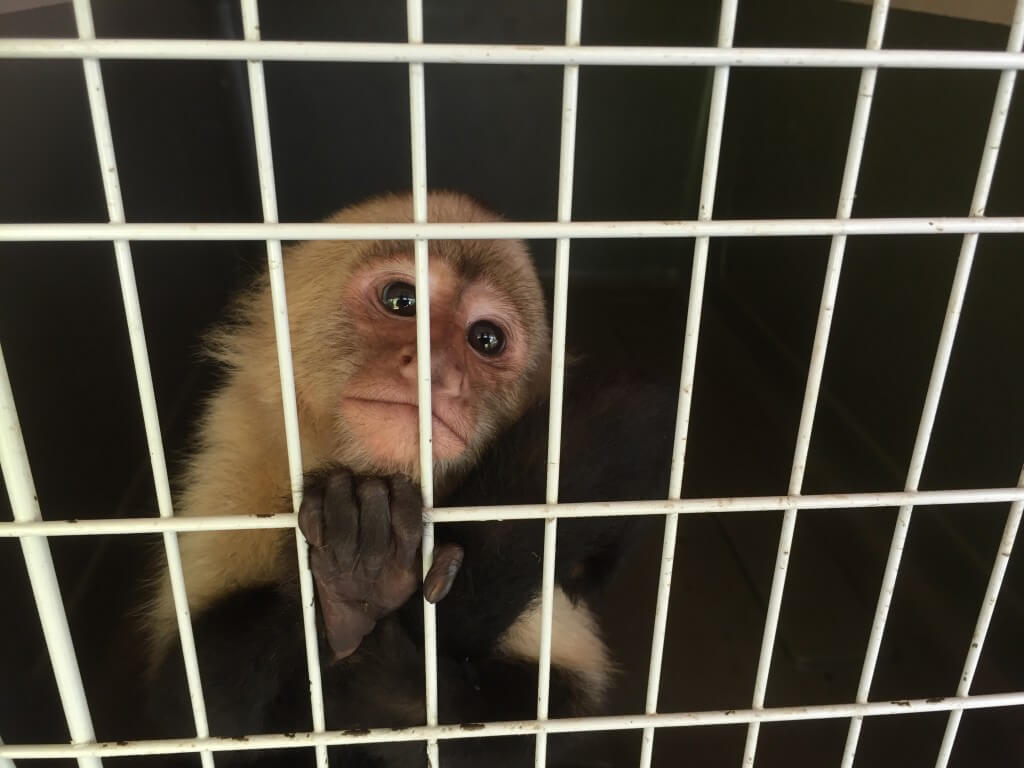

Ecological Restoration
NATUWA: A Refuge for Wildlife
Nestled in a remote and peaceful area, far from the noise of cities and roads, the Natuwa Wildlife Sanctuary provides a natural environment where animals can live in peace and safety.
Since its founding in 2001, Natuwa has become a pillar of ecological restoration in the region—recovering habitats and offering protection to countless species.
Across its 15 hectares of tropical forest, wildlife finds a true oasis of life, surrounded by lush vegetation that provides food, water, and safe shelter—protected from hunters and human threats.
The sanctuary is equipped with well-designed facilities and a dedicated professional team to fulfill its mission: rescuing, rehabilitating, and protecting Costa Rica’s native fauna, ensuring their well-being and the preservation of the natural world they call home.
